Ho Chi Minh City Center for Disease Control has not yet recorded any connection between domestic monkeypox cases and is continuing to trace the source of infection.
On the afternoon of October 5, a representative of the Ho Chi Minh City Center for Disease Control (HCDC) said the above at a regular press conference, adding that the health sector is still investigating the cause of the recent continuous appearance of monkeypox cases.
Meanwhile, the health sector is implementing measures to prevent monkeypox in the area. Dermatology treatment facilities and private clinics are warned to pay attention, detect cases early and treat them to avoid deaths. Treatment facilities also do not allow cross-infection or infection of medical staff. All cases of contact with monkeypox positive patients are thoroughly investigated to determine the source of infection in order to promptly handle the outbreak, avoiding spreading it to the community.
Earlier this week, Ho Chi Minh City recorded another 22-year-old man who tested positive for monkeypox. This is the 6th monkeypox case in Vietnam, the 5th case in Ho Chi Minh City and the 4th domestic case. The third domestic case is a 34-year-old man. The second case is a girl in Binh Duong , a friend of the first domestic patient and the only case where the source of infection from this man has been identified.
HCDC determined that all four domestic patients had not traveled abroad or had contact with foreigners within 21 days before the onset of symptoms. 21 days is the maximum incubation period for monkeypox virus infection.
Last year, Ho Chi Minh City recorded its first two cases of monkeypox, but they were infected abroad and quarantined immediately upon returning home, so they did not spread to the community.
The source of infection for the recent cases is currently unknown. Medical experts believe that the locally transmitted monkeypox cases indicate that the disease has entered Vietnam and is circulating in the community, silently spreading through many generations, in the context of the sharp increase in new cases in Thailand and China.
Monkeypox is spread from person to person through close contact with a person with a monkeypox rash, including face-to-face, skin-to-skin, mouth-to-mouth, or mouth-to-skin contact, including sexual contact.
HCDC recommends that people prevent disease by covering their mouth and nose when coughing or sneezing. Regularly wash hands with soap and clean water or antiseptic solution. Do not spit indiscriminately in public places. People with symptoms of acute rash of unknown cause accompanied by one or more suspicious symptoms should contact a medical facility for timely monitoring and advice. This person should also proactively self-isolate and avoid sexual intercourse.
Avoid close contact with people with monkeypox and direct contact with wounds, body fluids, droplets and objects and utensils contaminated with the disease. In case there is someone in your residence or workplace who is infected or suspected of being infected, you need to notify the health authority for timely advice and treatment, do not self-treat.
People traveling to countries with monkeypox outbreaks should avoid contact with mammals such as rodents, marsupials, and primates that may harbor the monkeypox virus. When returning to Vietnam, proactively report to local health authorities for monitoring.
The monkeypox outbreak began in May 2022, appearing in countries where the virus had never circulated before, such as the US, UK, Sweden, Belgium, Thailand, India, Spain, etc. To date, the total number of infections worldwide is more than 90,000, mainly men who have sex with men. The mortality rate from monkeypox is 0-11% and is higher in young children. On July 23, 2022, WHO declared monkeypox an international public health emergency, classified as a dangerous infectious disease.
Currently, Vietnam does not have a vaccine or specific medicine for monkeypox, only a smallpox vaccine.
American Italy
Source link


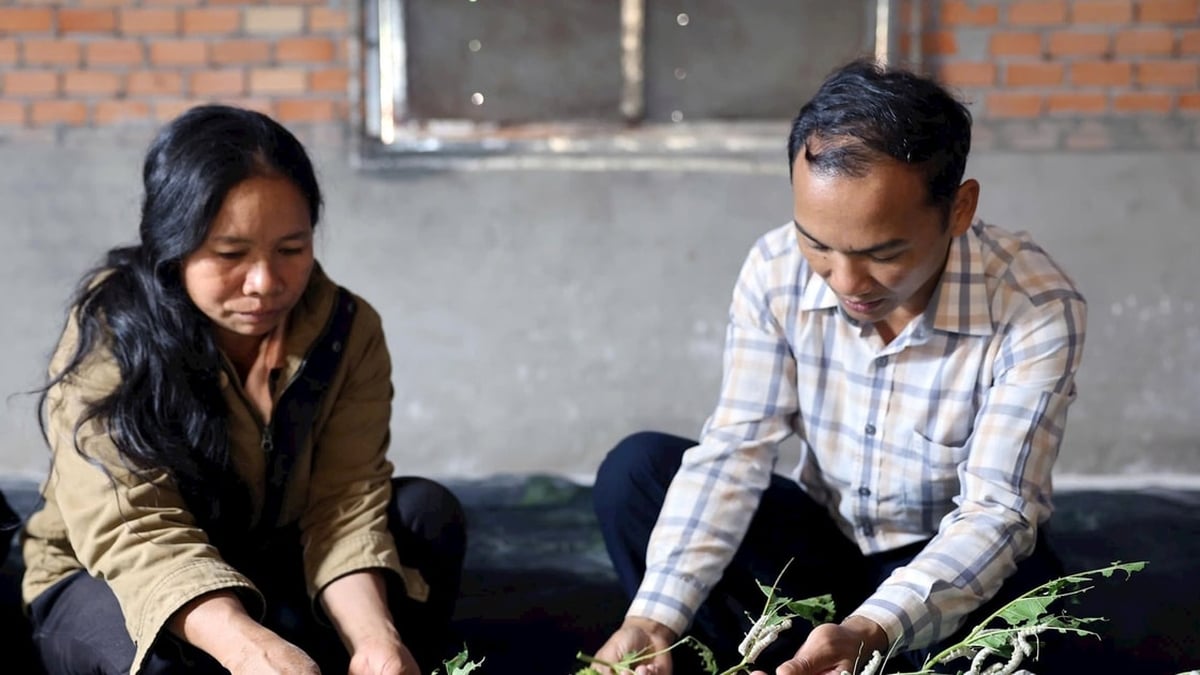
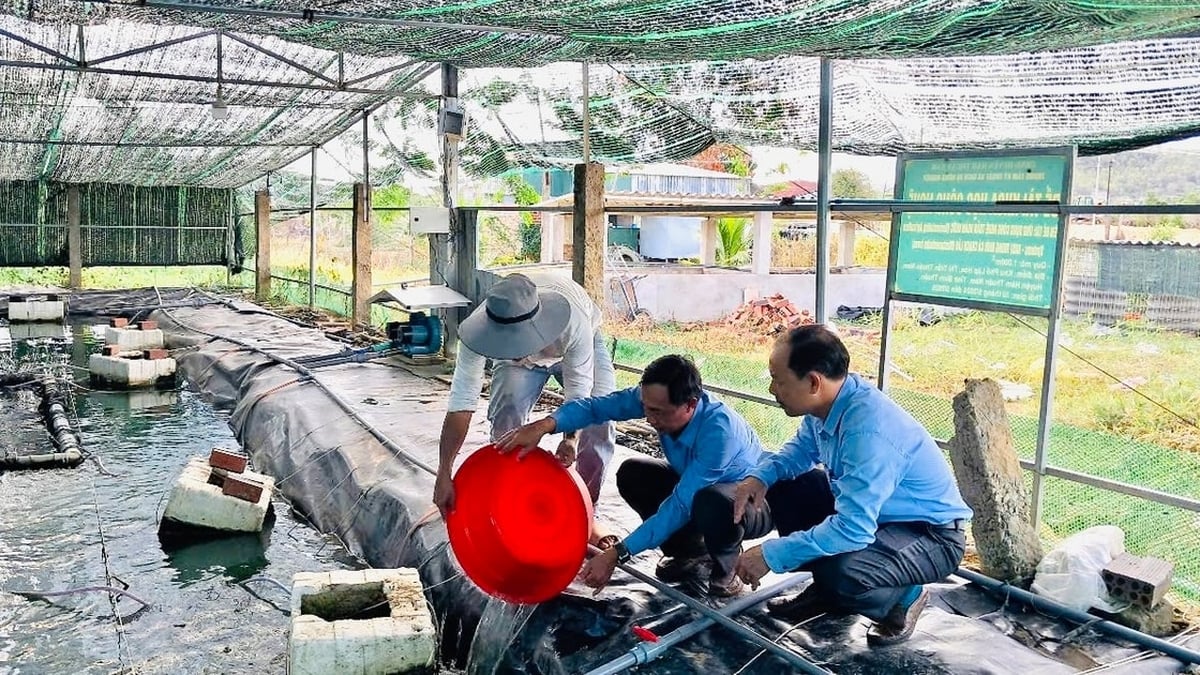
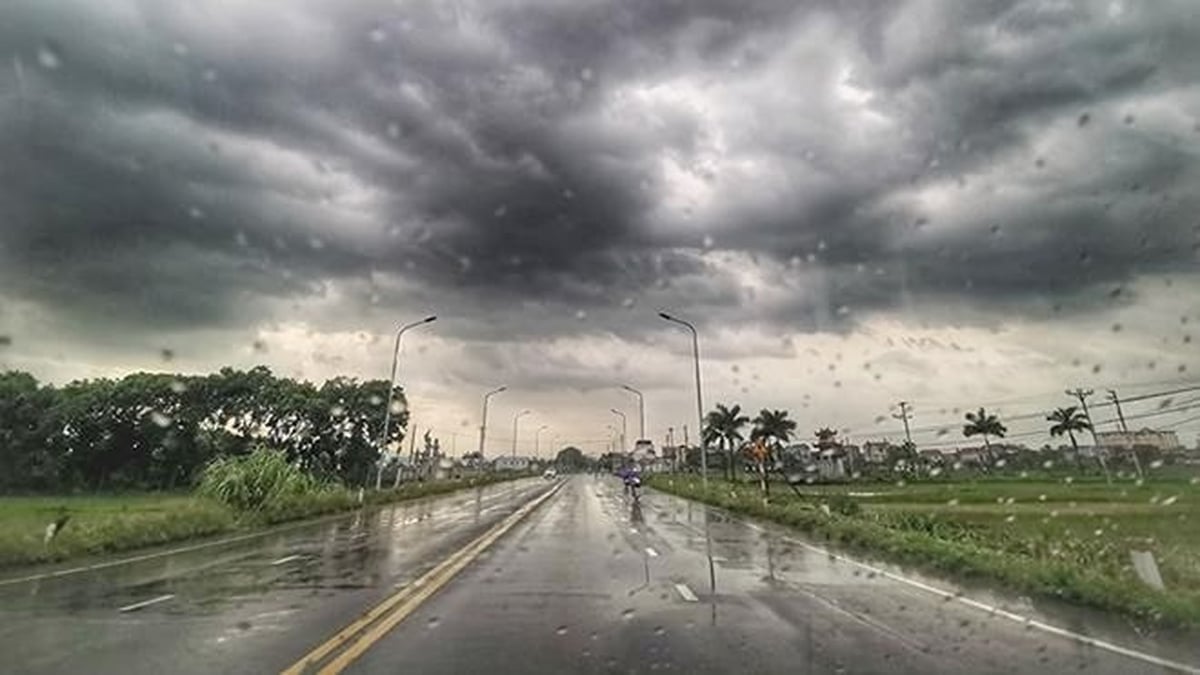

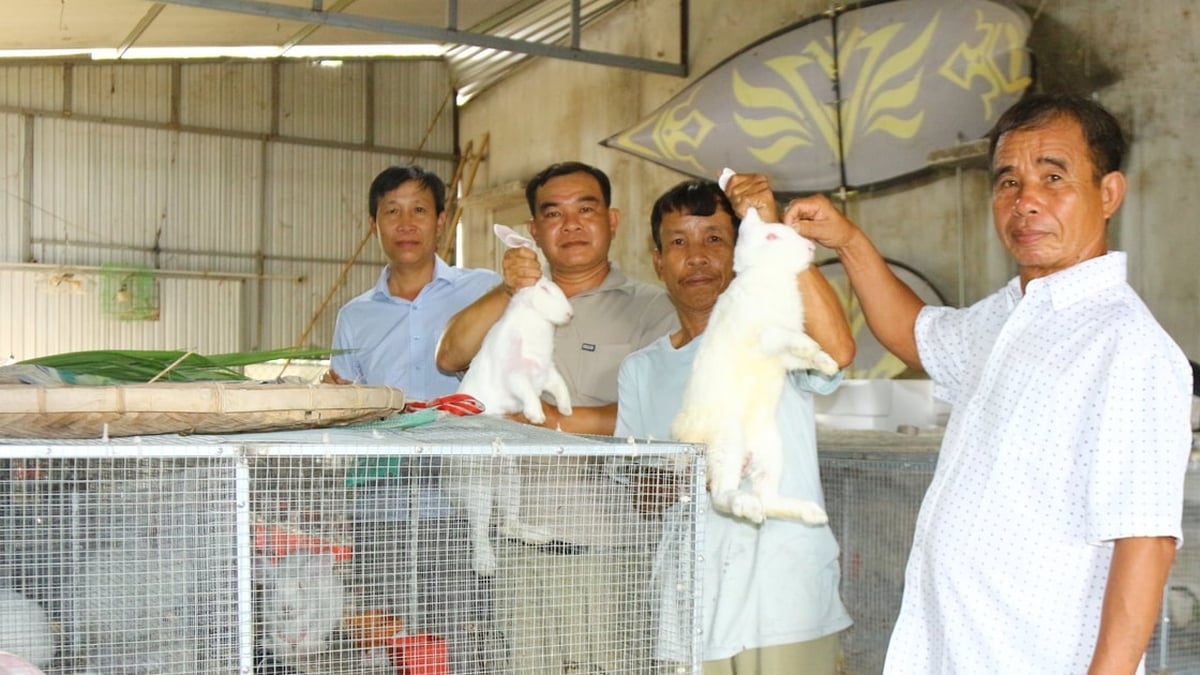

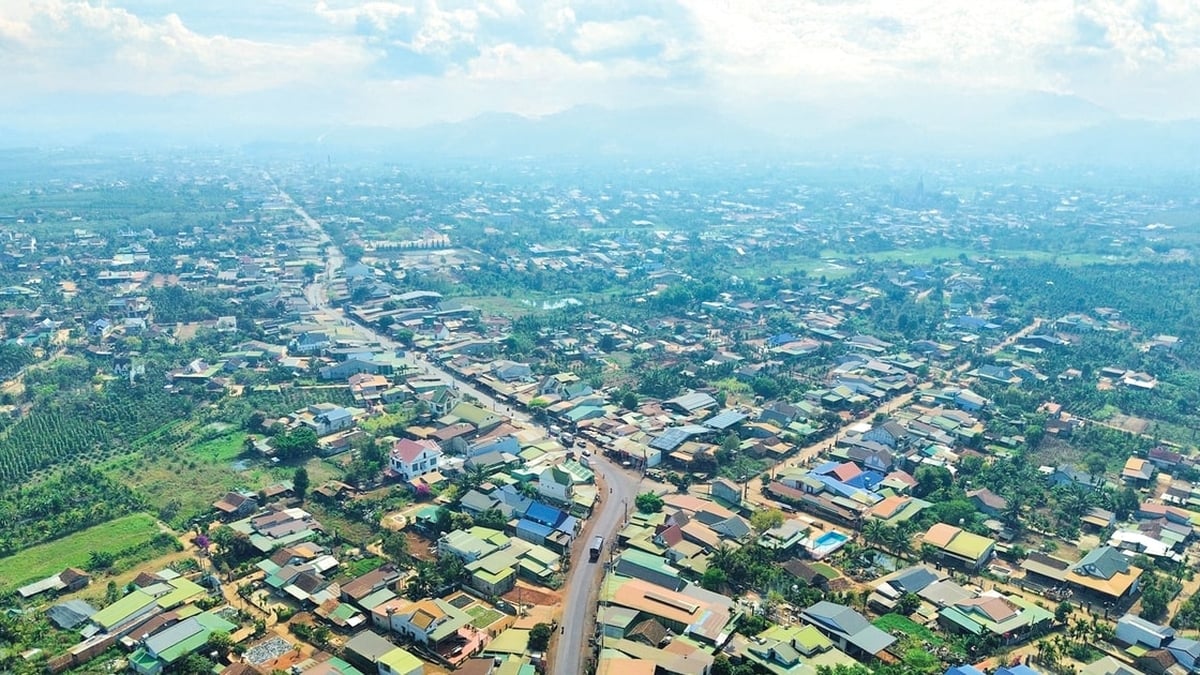
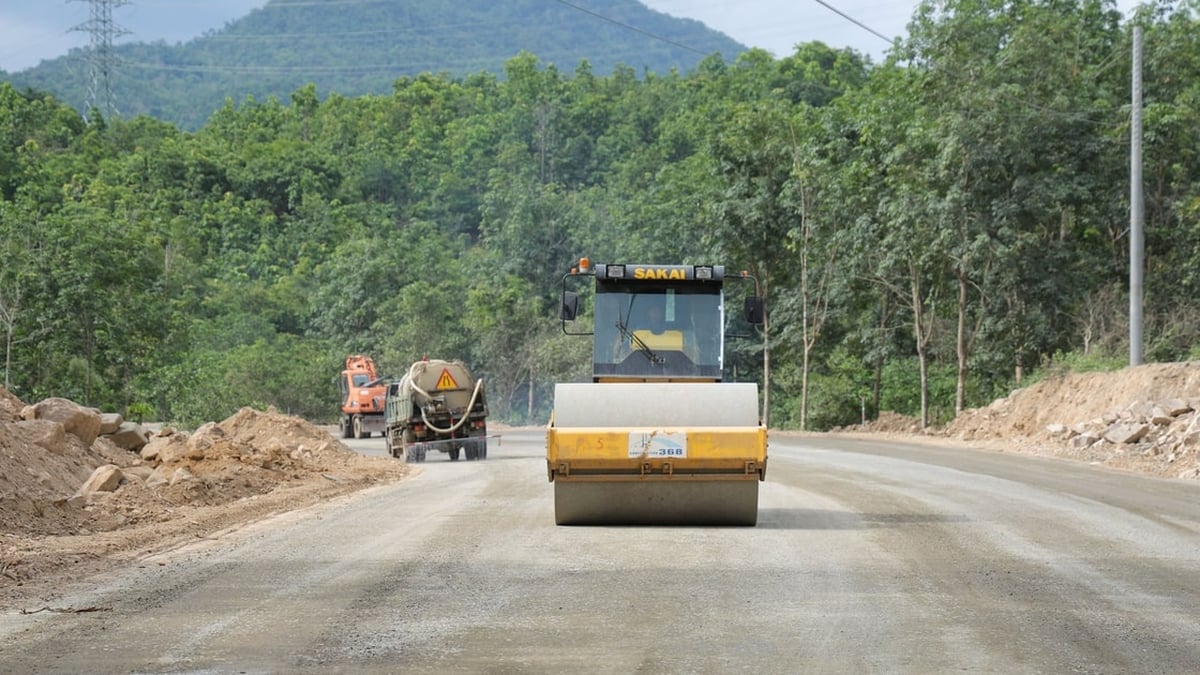

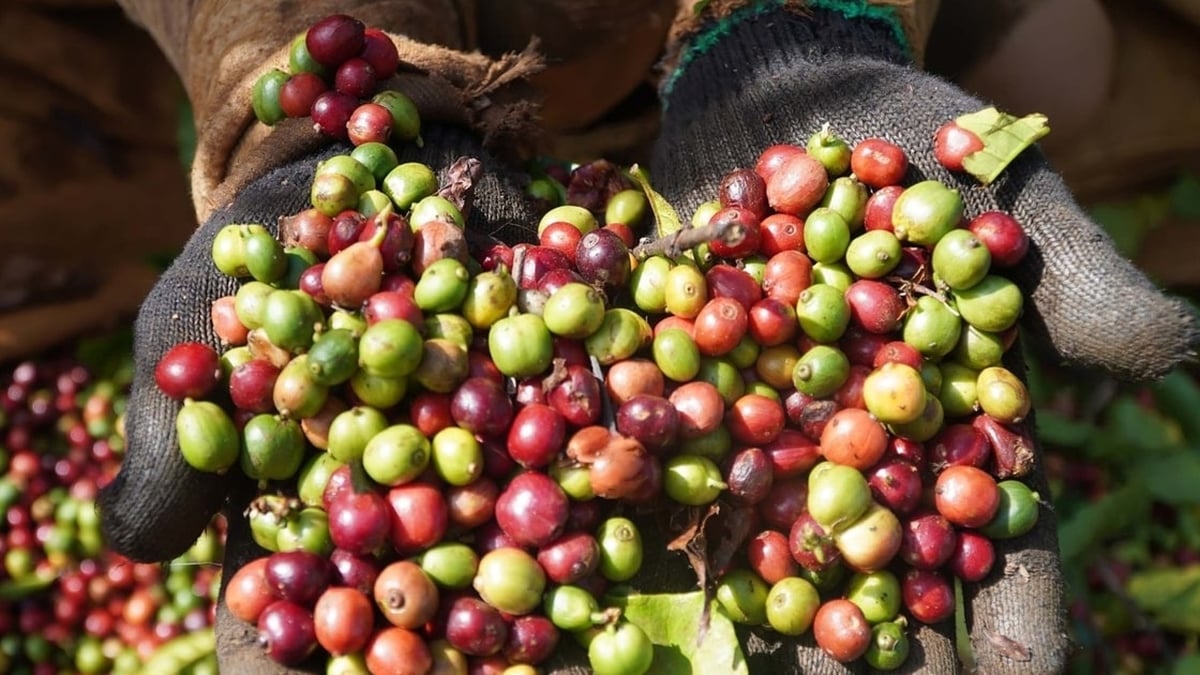






















































































Comment (0)